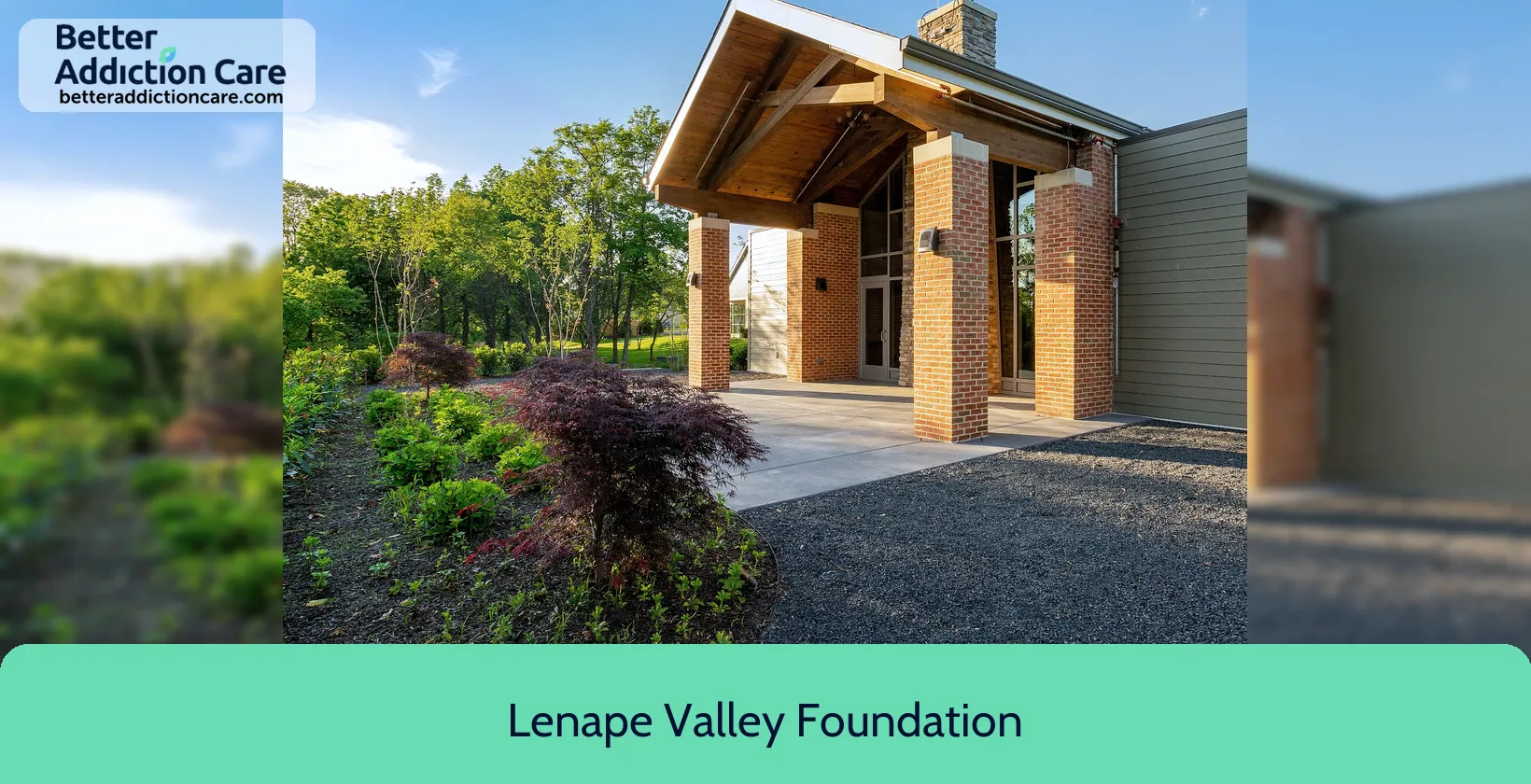Gaudenzia - Lower Bucks

Overview
Gaudenzia - Lower Bucks is a substance abuse treatment center for people seeking treatment near Bucks County. As part of their treatment modalities for recovery, Gaudenzia - Lower Bucks provides cognitive behavioral therapy, telemedicine/telehealth therapy, and substance use disorder counseling during treatment. Gaudenzia - Lower Bucks is located in Bristol, Pennsylvania, accepting cash or self-payment for treatment.
Gaudenzia - Lower Bucks at a Glance
Payment Options
- Cash or self-payment
- Medicaid
- Medicare
- State-financed health insurance plan other than Medicaid
- Private health insurance
Assessments
- Screening for tobacco use
- Comprehensive substance use assessment
- Interim services for clients
- Outreach to persons in the community
- Screening for substance use
Age Groups
- Young adults
- Adults
Ancillary Services
- Case management service
- Domestic violence services, including family or partner
- Mental health services
- Social skills development
- Transportation assistance
Highlights About Gaudenzia - Lower Bucks
7.54/10
With an overall rating of 7.54/10, this facility has following balanced range of services. Alcohol Rehabilitation: 8.00/10, Drug Rehab and Detox: 8.46/10, Insurance and Payments: 6.00/10, Treatment Options: 7.70/10.-
Drug Rehab and Detox 8.46
-
Alcohol Rehabilitation 8.00
-
Treatment Options 7.70
-
Insurance and Payments 6.00
Accreditations
State department of health:

Government agencies issue State Licenses, granting rehabilitation organizations permission to operate their businesses lawfully within specific geographic regions. The specific licenses needed for legal operation are typically determined by the type of rehabilitation program offered by the facility and its physical location.
Commission on Accreditation of Rehabilitation Facilities (CARF):

Established in 1966, the non-profit organization known as the Commission on Accreditation of Rehabilitation Facilities (CARF) has a dedicated focus on accrediting rehabilitation organizations. CARF's primary mission is to assist service providers, particularly rehabilitation facilities, in upholding and promoting the highest standards of care.
Treatment At Gaudenzia - Lower Bucks
Treatment Conditions
- Alcoholism
- Mental health treatment
- Substance use treatment
- Co-occurring Disorders
Care Levels
- Hospital inpatient treatment
- Short-term residential
- Residential detoxification
- Aftercare
Treatment Modalities
- Cognitive behavioral therapy
- Telemedicine/telehealth therapy
- Substance use disorder counseling
- Trauma-related counseling
- Smoking/vaping/tobacco cessation counseling
Ancillary Services
Languages
- Sign language services for the deaf and hard of hearing
- Spanish
Additional Services
- Pharmacotherapies administered during treatment
- Mentoring/peer support
- Breathalyzer or blood alcohol testing
Special Programs
- Clients who have experienced trauma
Get Help Now
Common Questions About Gaudenzia - Lower Bucks
Contact Information
Other Facilities in Bristol

6.74
DISCLAIMER: The facility name, logo and brand are the property and registered trademarks of Lenape Valley Foundation, and are being used for identification and informational purposes only. Use of these names, logos and brands shall not imply endorsement. BetterAddictionCare.com is not affiliated with or sponsored by Lenape Valley Foundation.
